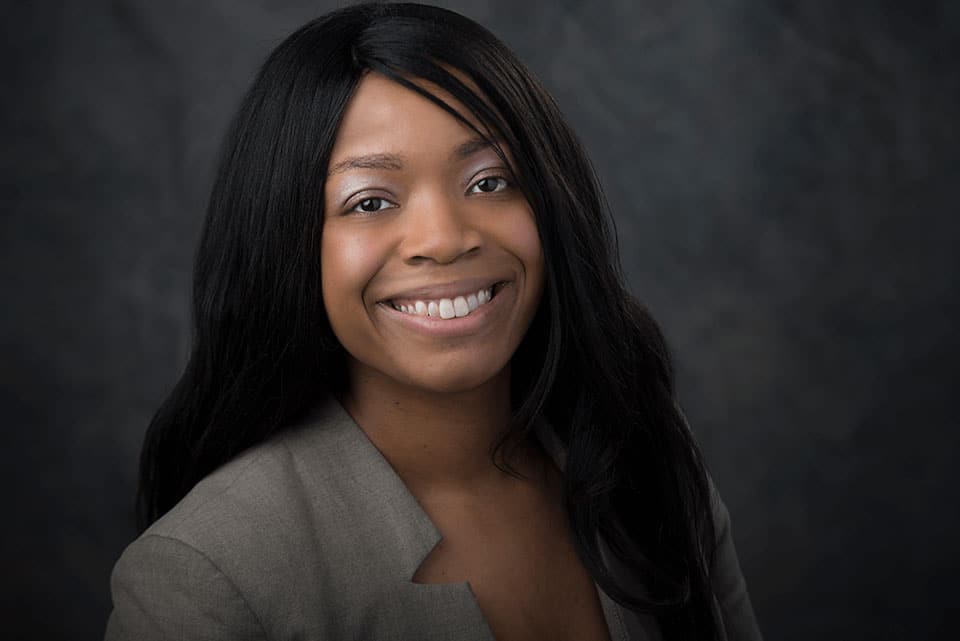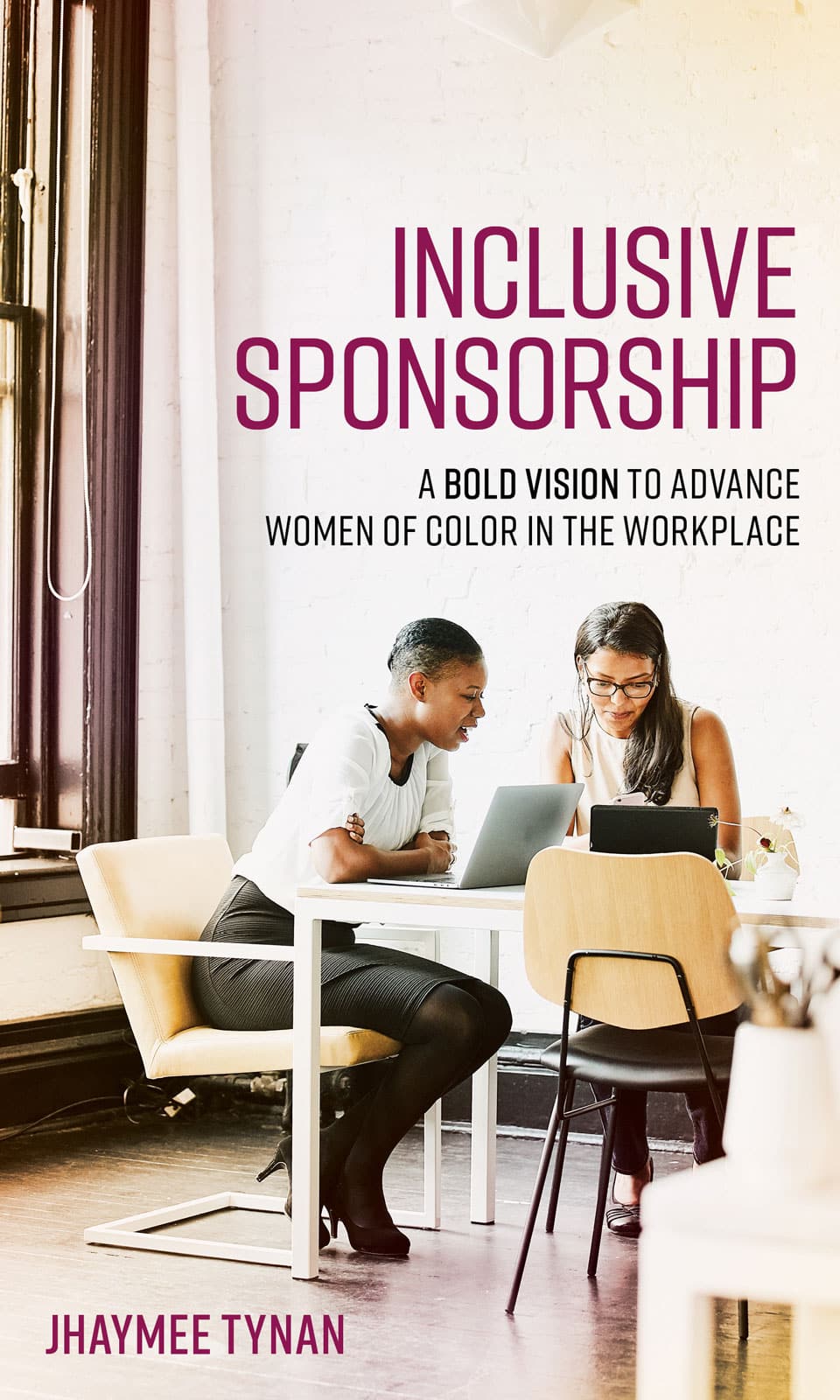It’s Not A Pipeline Issue

As a woman of color, I have been fortunate to have advocates in my network who have stepped up to help me drive my career path upward. Through building my network both internally and externally, I have met hundreds of Black and Brown women who are achieving incredible things in my industry. However, in almost all cases, these women would benefit from an additional boost of advocacy where they could have a larger platform and greater visibility to continue becoming the powerhouse women they were meant to be.
This advocation starts with an organization’s “pipeline,” or talent pool.
With high levels of attrition at companies across the globe, many organizations are suffering from “leaky pipeline syndrome.” A leaky pipeline is a phenomenon that occurs when organizations invest substantial amounts of money to recruit diverse talent, only to have that talent leave the organization because of a perceived and real lack of investment in the employee’s career development. Plenty of talent enters the talent pool, but they begin to seep out once they have experienced life in the workplace. The organization is praised for its commitment to diversity, but upon a closer look, diversity can only be seen in entry-level positions. As you look further up the ladder, the picture is much different.

Companies are facing a dilemma.
In my new book, INCLUSIVE SPONSORSHIP: A Bold Vision To Advance Women Of Color In The Workplace, I present two of the most common excuses leadership teams have for this issue:
- There isn’t a pipeline of diverse talent ready for the next level of leadership
- Once diverse talent enters the pipeline, the talent seeks greener pastures elsewhere
To foster the right relationships with diverse talent and support their growth, the primary belief behind the two excuses must change. On a fundamental level, organizations need to believe that they already possess the diverse talent ready for that next level of leadership. If an organization is spending thousands of dollars and investing hours and hours into recruiting talent, shouldn’t it ensure that this same talent has received the training, exposure, and development needed to climb the corporate ladder?
I’ve spoken to colleagues of mine across the country that are dealing with this very issue.
These colleagues are attempting to advocate for greater investment in diverse talent through targeted programming on executive presence and other ways to foster the leadership capabilities of their employees. However, they are met with rationalizations from leadership regarding the lack of pipelines or the leaky pipeline. The consensus is that these challenges need to be reframed so that organizations take responsibility for their role in failing to advance or develop diverse talent within their four walls. In my experience, when I share my journey, I commonly talk about how leaders served as sponsors for me in my career journey. Having a person “go to bat for me” has shown real, measurable success in enabling me to be promoted to management and executive roles. There have even been times in my career when I felt that I was alone in my development and that I needed to take ownership of my career to be successful. Looking back, the times when I was able to get promoted, or take a leap and be responsible for larger scopes of work were due to several sponsors who had advocated for me with leadership.
My own career journey is one of the main reasons why I champion career sponsorship as the mechanism to advance BIPOC individuals to leadership levels. My goal is that other executives will accept their responsibility to sponsor talented, ambitious BIPOC professionals. As executives, we need to stop just talking about the need for diversity and inclusion and take action that will have a long-lasting influence on changing the narrative around diversity and leadership.
Written by Jhaymee Tynan.
Have you read?
The Biggest Business Mistakes in a Recession by John Jarosz.
How to Use Tillable to Find Recent Farm Sale Price Data Near You.
WHO WANTS TO BE A MILLIONAIRE by Christopher Volk.
PAY ATTENTION TO YOUR “GUT FEELINGS” FOR SOUND DECISION-MAKING by Dr. Sheila Ohlsson Walker.
Optimism: What Every Leader Needs Today by Shantha Mohan Ph.D.
Bring the best of the CEOWORLD magazine's global journalism to audiences in the United States and around the world. - Add CEOWORLD magazine to your Google News feed.
Follow CEOWORLD magazine headlines on: Google News, LinkedIn, Twitter, and Facebook.
Copyright 2025 The CEOWORLD magazine. All rights reserved. This material (and any extract from it) must not be copied, redistributed or placed on any website, without CEOWORLD magazine' prior written consent. For media queries, please contact: info@ceoworld.biz








